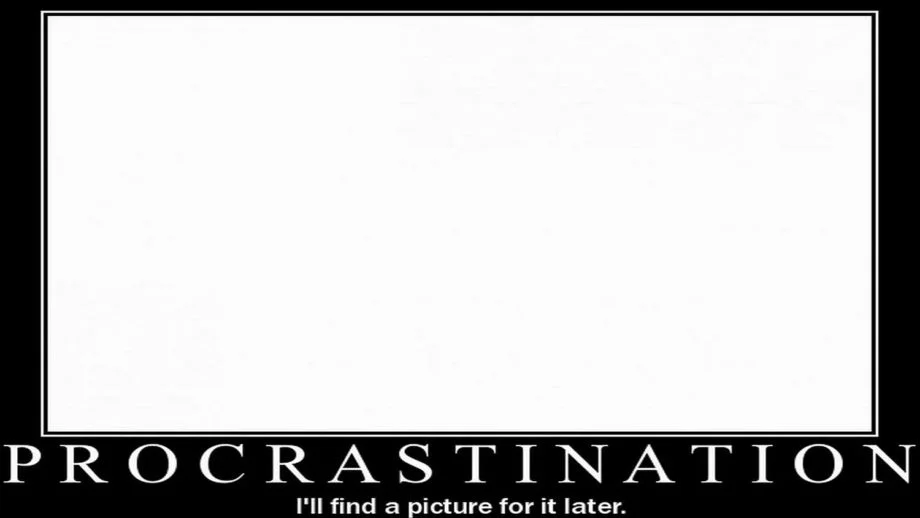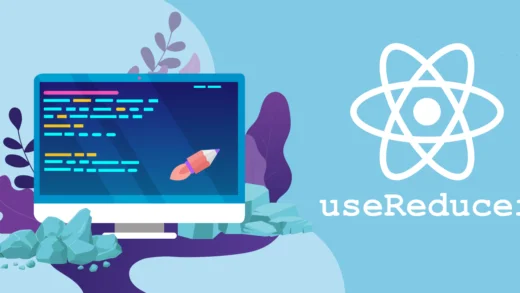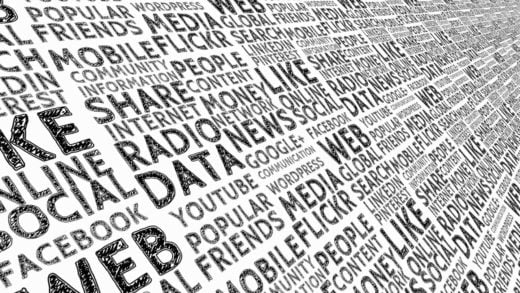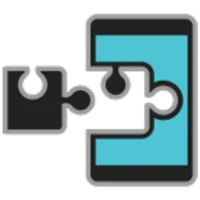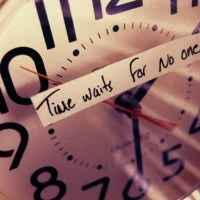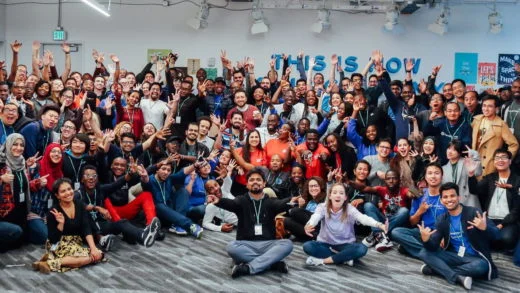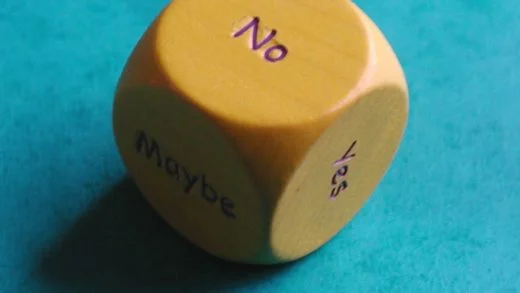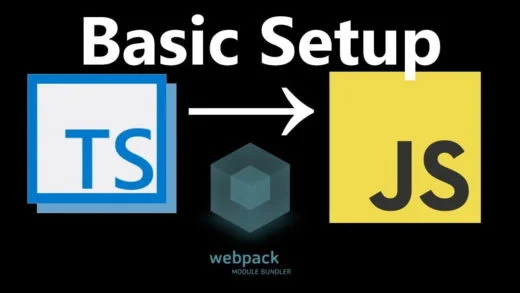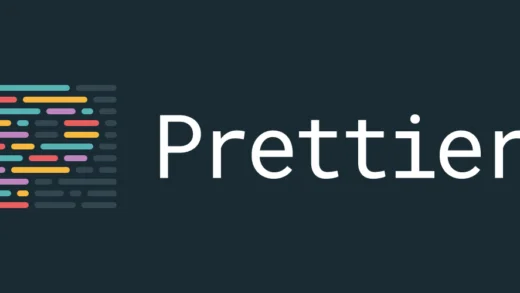We all know what we should be doing right now. But we don’t want to! That is procrastination in a nutshell.
Everything will be fine. I’ll finish it tomorrow. I still have plenty of time.
These are famous lines used by every procrastinator. And even though we do end up finishing things up just before the deadline, procrastination is not healthy for us in the longer run.
Why do we procrastinate?
Before getting into how to avoid procrastination, let us first think about the reasons behind it. Most of the time, we associate putting off things for tomorrow with being lazy. But there is more to the story than that. We use the facade of our laziness to justify and continue working on something trivial. We do it to get instant gratification.
Enters… The Akrasia Effect
“Procrastination is such a classic problem that philosophers like Aristotle and Socrates coined a term to describe this behavior” – Akrasia
Wikipedia defines it as: “Akrasia is described as a lack of self-control or the state of acting against one’s better judgment.“
The critical piece here is the lack of self-control. It is this reason that we do not follow through on plans that we set out to achieve.
We make plans, set goals, and establish deadlines. And when the time comes to work on them, we start procrastination.
Why do we make plans, but do not act on them?
Procrastination is not a curse or a flaw in our character. It is a choice. We choose to do something else. Different than the work that we should have been doing.
The tendency of our mind to avoid working on essential tasks is explained by a psychological phenomenon known as time inconsistency. We tend to value immediate returns more than rewards that would come in the future.
When we are setting goals, we are doing it for our future self. We are visualizing long-term benefits for our future self when we are doing this goal setting. But when we have to start working on these goals, we detach ourselves to a different present self. And the present self is not excited about long term payoffs. It needs instant rewards.
Hence, our two selves: present self and our future self are at odds with one another. The consequences of not taking action today are delayed for the present self. And the delayed returns and long-term effects lead us into thinking that taking action right now is not necessary.
Tim Urban summarizes this phenomenon in a significant way in his TED Talk:
How can I beat procrastination?
Okay, we now understand why our brain procrastinates. But what can we do about it? How do we force it into focusing on the moment and getting it to work now?
1. Focus on building habits
I have already covered this in my previous post about building habits and systems instead of goals. We do not have a willpower problem. Willpower is a limited resource, and we cannot solely rely on it every time. What we need instead is clarity. Having well-defined habits makes us more productive rather than waiting to get more motivated. Instead of trying to thinking “if I feel like doing it, then I would do it”, we should create plans for making it into a habit.
A paper published by a Duke University researcher found that more than 40 percent of the actions we perform every day were habitual. So, if we were to take the decision making out of our day to day activities, we would stop separating ourselves as the present self and the future self. Instead, we would emphasize the when, where, and how of the task, eventually implementing it as a habit.
2. Convert the habits into personal rituals
The most challenging part of any task is the beginning. Getting started is what decides whether we will win the war or not.
There is a concept of activation energy in chemical reactions. And the activation energy for starting a reaction is the minimum energy required to start a reaction. This energy is directly proportional to the difficulty of the reaction. Once the activation energy is provided, the reaction continues to proceed to completion without any more energy.
Applying the same concepts to habits, we can make our physical environment be a driver to our routines. We should optimize for the starting line of the race since getting started is where the gold lies. Once we begin running, the race is often less painful.
We want things because they are an option. But, we can architect our lives so that we make good things easier for ourselves by changing our physical environments and realizing what triggers our behaviors. When building a newer habit, we want to focus on the habit of getting started with that habit. And that is where rituals come in, and creating triggers for the habit becomes essential.
If we want to read more, we can carry the book we want to read in our bag at all times to ensure ease of access. Or we can put it on the top of our pillow every morning. When we get back, we can pick it, and read a few pages before sleep.
We do not stick to positive habits consistently unless we shape our environment to assist us. There is only so much will power that we can muster every day.
3. Enjoy the journey
We only repeat our behaviors if we enjoy them. So we want to start small and create a habit first instead of trying to focus on milestones.
“Make it so easy you can’t say no.”—Leo Babauta
When starting out, we should emphasize on sticking to the habit. Also, we should avoid building multiple habits at the same time. Instead, try and build one habit a month to prevent burnout. Most of the time, we try to be a completely different person starting the next day. And that rarely works.
4. Reward yourself
We should also remember that good habits have a problem. There is no instant gratification. Since we know that already, we can design for it. Enjoying the experience along the way makes us more likely to stick to our habits. But we need to figure out ways to bring a reward in the present moment.
Rewards are a powerful reinforcer. And that is why we love some bad habits so much because of the immediate reward. So why not use them for our benefit?
The next time we finish reading a book, we could probably treat ourselves to chocolate 😉
Charles Duhigg, in his book “The Power of Habit: Why We Do What We Do in Life and Business” says:
The research shows that every habit has three components. There’s the cue, which is a trigger for an automatic behavior to start. Then, a routine, which is the behavior itself. Finally, a reward. The reward is really important because that’s how your brain essentially learns to latch onto a particular pattern and make it automatic. Chocolate, after running, is an obvious example of a reward that many people enjoy. It doesn’t have to be chocolate. What matters is that if you want to make a behavior into a habit, you need to give yourself something you enjoy as soon as that behavior is done. It could be a piece of chocolate. It could be having a smoothie. It could be relaxing for 15 minutes and taking a nice shower. What’s important there is that people give themselves a reward.
Beware procrastination: We are ready to fight you!
To summarize, things that we do once or twice fade away in the longer run. And the ones that we do consistently accumulate and compound into improving ourselves. And that is how we avoid procrastination from taking over.
We should not beat ourselves up if things don’t work immediately. Forgiving ourselves for the missed times is alright. As long as we keep investing energy into the habits, and keep making progress with time.
So let’s design our future actions, reduce the friction to getting started, enjoy the process, and reward ourselves on finishing the journey. What are you planning to stop procrastinating about, and start working on? Do let us know in the comments and let us begin improving ourselves together!

